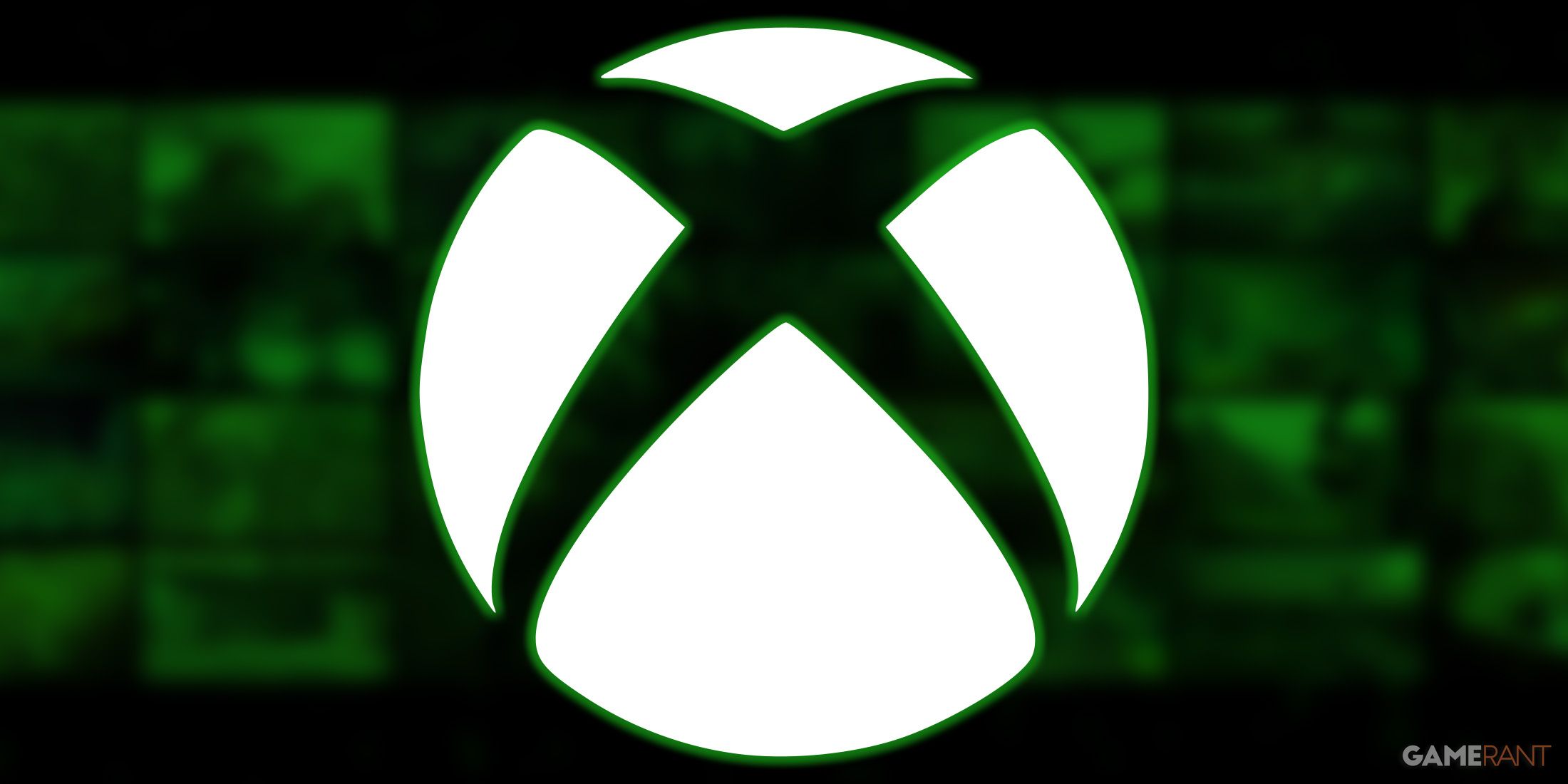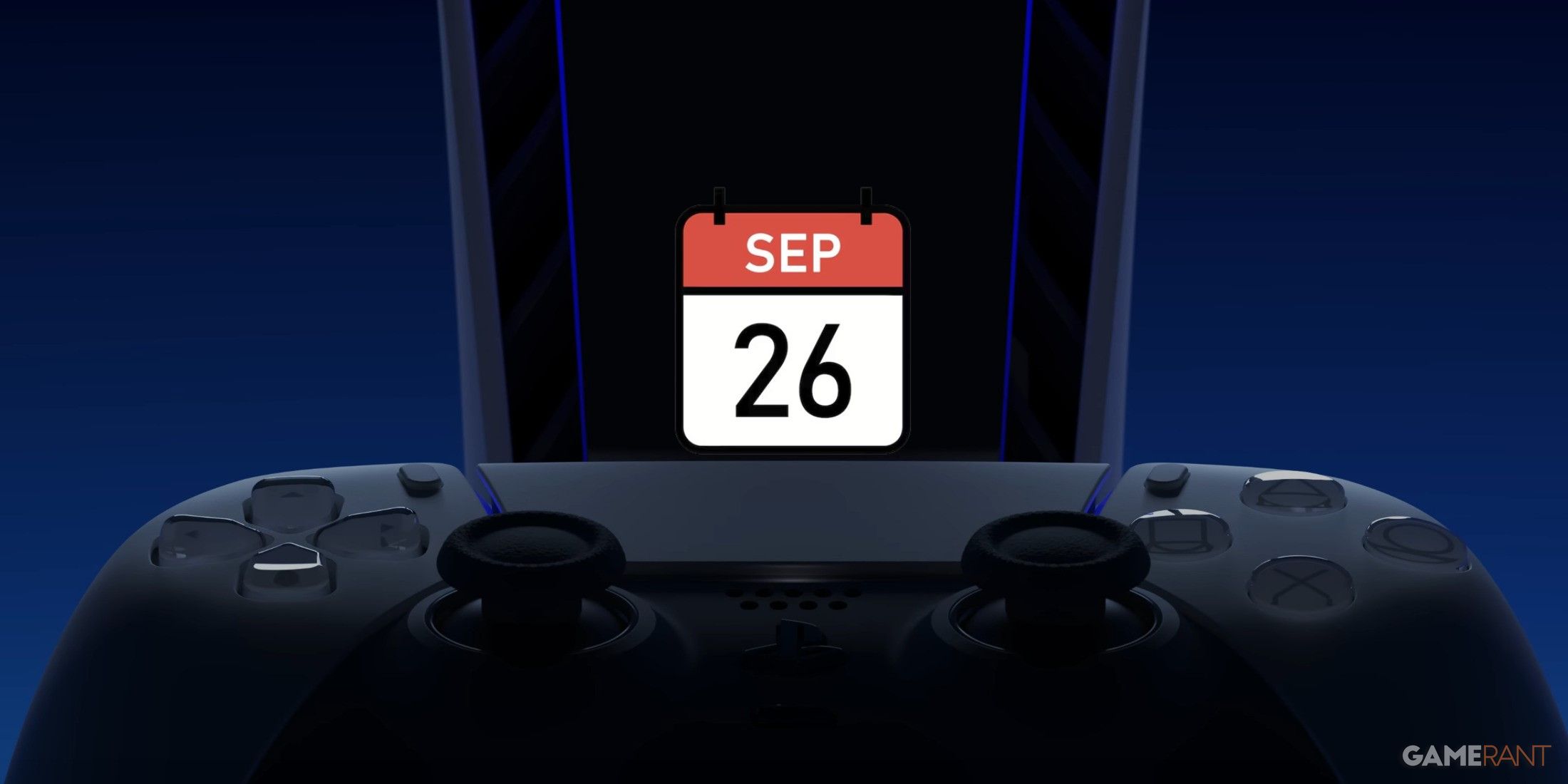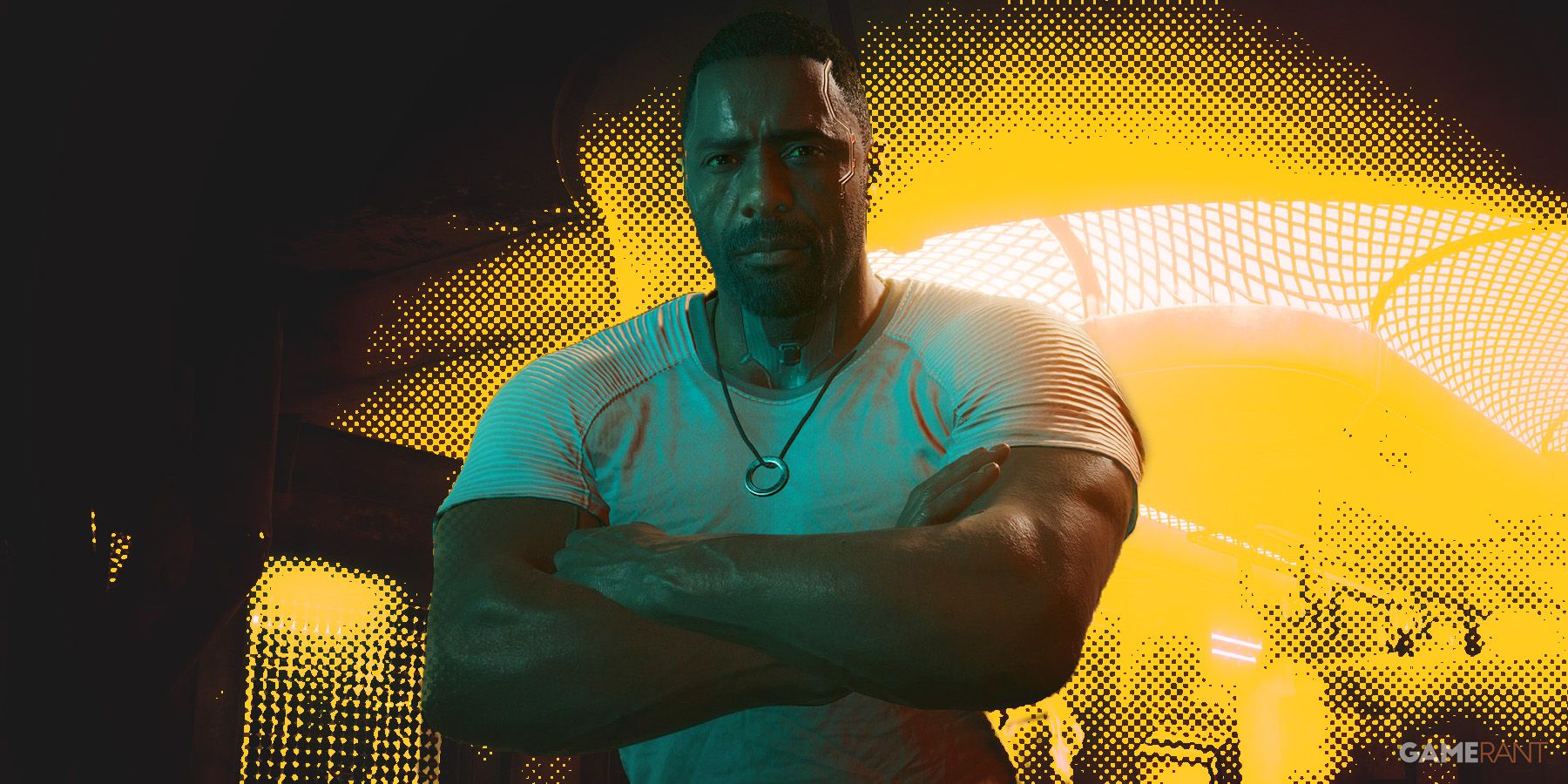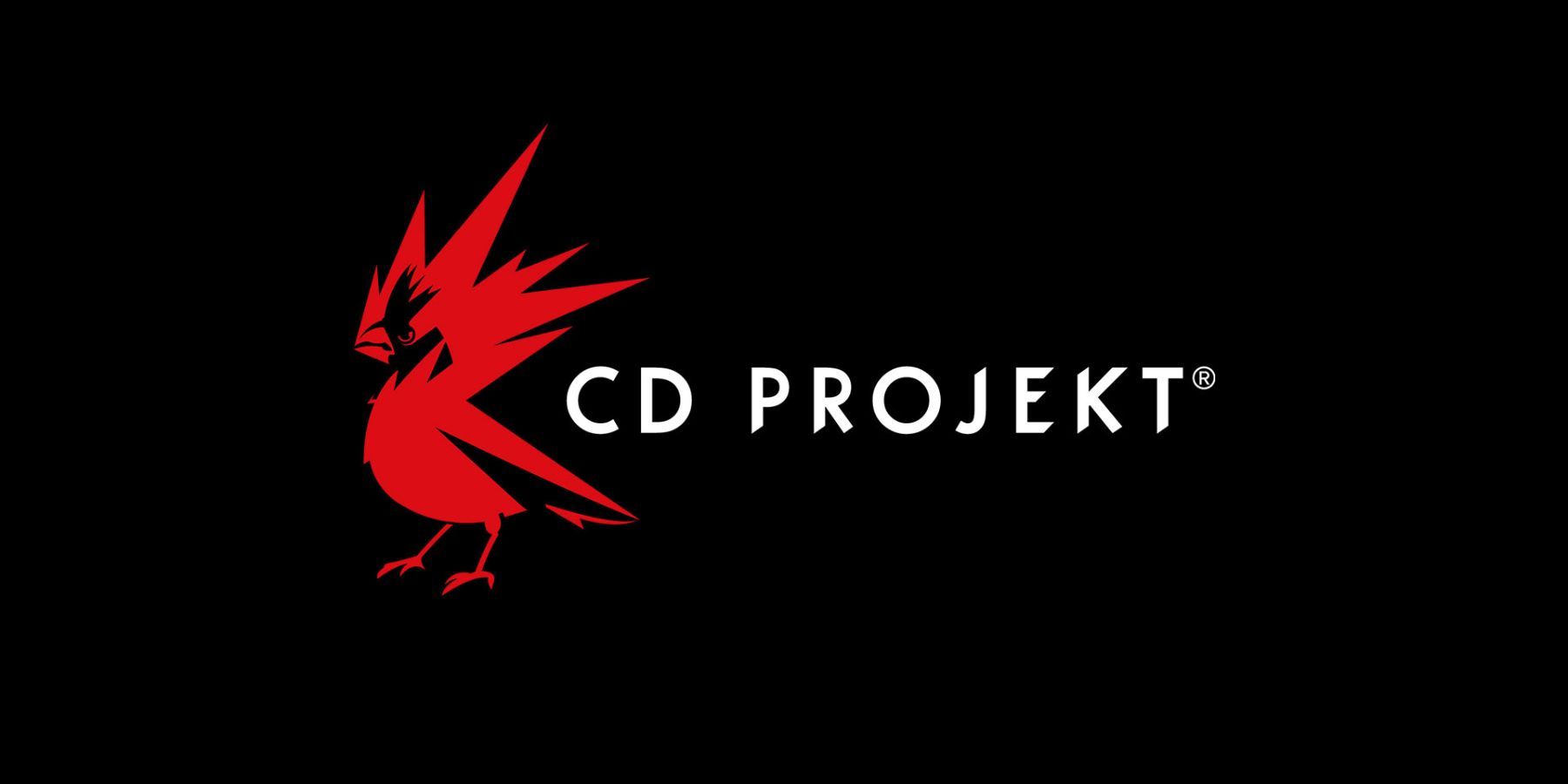Highlights
- CD Projekt Red remains committed to keeping the majority of its games free from microtransactions.
- CD Projekt CFO Piotr Nielubowicz recently went on record to state that the company doesn't see a place for microtransactions in single-player games.
- But the studio isn't ruling out the possibility of implementing such monetization practices into its future multiplayer games, such as The Witcher spin-off code-named Sirius.
A senior CD Projekt Red official has gone on record to state that the studio doesn't believe microtransactions have a place in single-player games. And while that move effectively reiterated the company's long-standing stance on game monetization, CD Projekt Red isn't entirely ruling out the possibility of implementing microtransactions in the future.
The Warsaw, Poland-based studio has long been a proponent of microtransaction-free single-player games. It also has a substantial track record of publicly reiterating that stance ahead of its every big launch, having done so in the run-up to the release of both Cyberpunk 2077 and The Witcher 3: Wild Hunt. Although some might see repeated assurance of this sort as redundant, the recent Dragon's Dogma 2 controversy illustrates that many consumers continue to care deeply about having their single-player games free from microtransactions.
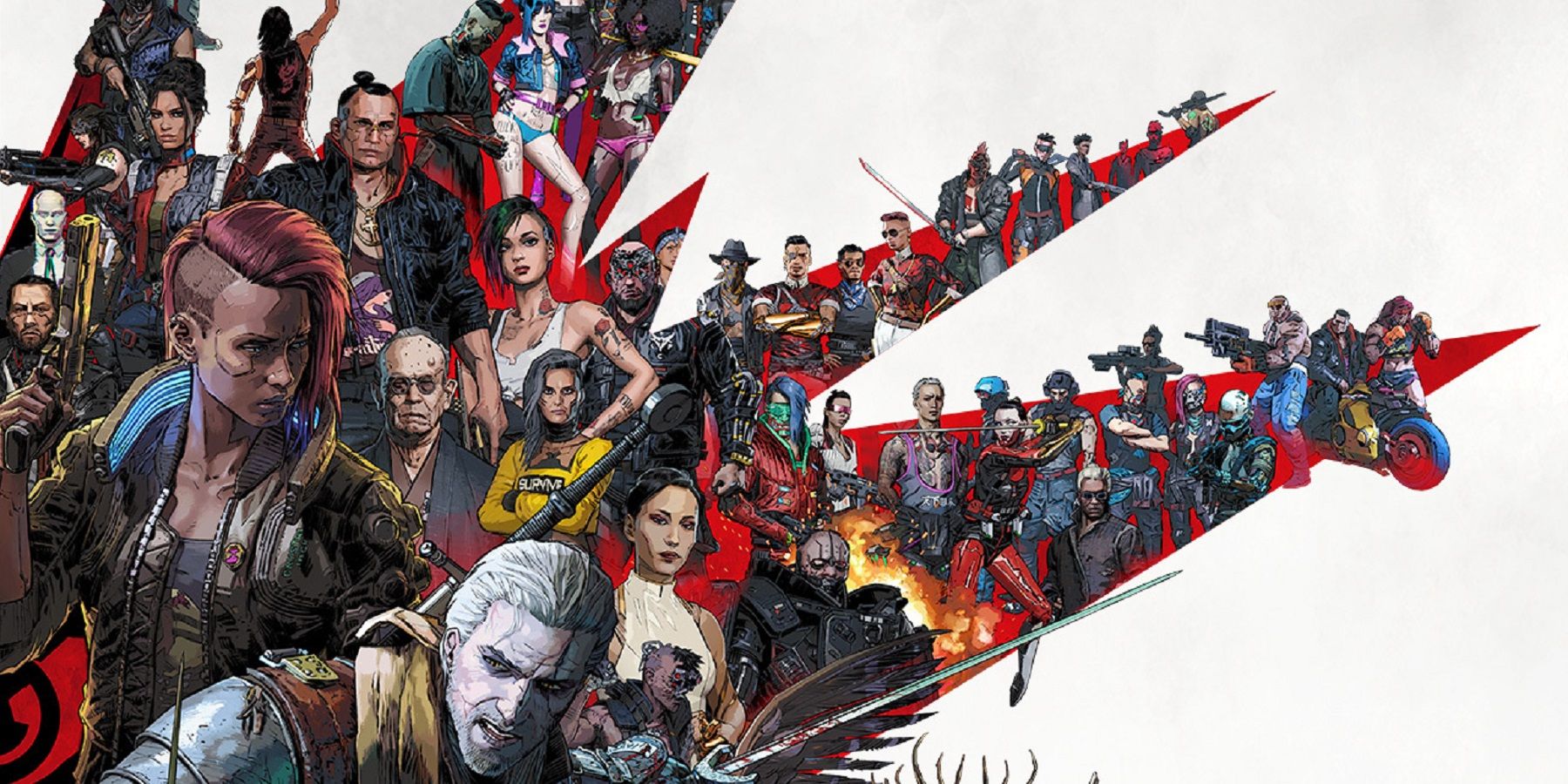
CDPR Shares Update on Next Witcher and Cyberpunk Games
CD Projekt Red reveals the status of the next Witcher and Cyberpunk games in the pipeline, giving eager fans an appetizing update.
As far as The Witcher developer is concerned, the company remains firm in its conviction that single-player games should have a single price instead of resorting to such monetization practices. That's according to CD Projekt CFO Piotr Nielubowicz, who said as much during a recent investor Q&A session following the release of the group's latest consolidated financial report. "We don't see a place for microtransactions in the case of single-player games, but we do not rule out that we will use this solution in the future in the case of multiplayer projects," Nielubowicz explained, according to the session transcript provided by StockWatch.
The Witcher Multiplayer Spin-Off Might Have Microtransactions
The executive's comments delivered yet another indirect assurance that the Cyberpunk 2077 sequel, code-named Orion, won't have microtransactions. Ditto for Project Polaris, the fourth The Witcher game that has just entered active production. At the same time, Nielubowicz clearly implied that the possibility of The Witcher multiplayer spin-off, Project Sirius, having microtransactions is still on the table.
We don't see a place for microtransactions in the case of single-player games, but we do not rule out that we will use this solution in the future in the case of multiplayer projects.
The CFO also clarified that the studio is approaching The Witcher multiplayer game as a triple-A project. This conceivably increases the likelihood of Project Sirius featuring microtransactions, not least because of the steadily rising costs of big-budget multiplayer game development. It is currently unclear whether Sirius is meant to be a live-service game, although Nielubowicz did imply it will feature co-op elements during the Q&A session.
CDPR currently has two other titles in the works, the remake of the 2007 The Witcher and Project Hadar, described as its first original IP. Both are currently in pre-production and may not see the light of day until the end of the decade, at the earliest. At the same time, CDPR is not just open to but actively pursuing the possibility of licensing its existing IPs to mobile developers, according to CEO Adam Kiciński. A potential Cyberpunk mobile game would ostensibly feature microtransactions, given CDPR's track record in the niche, even if such a title were to be developed externally.
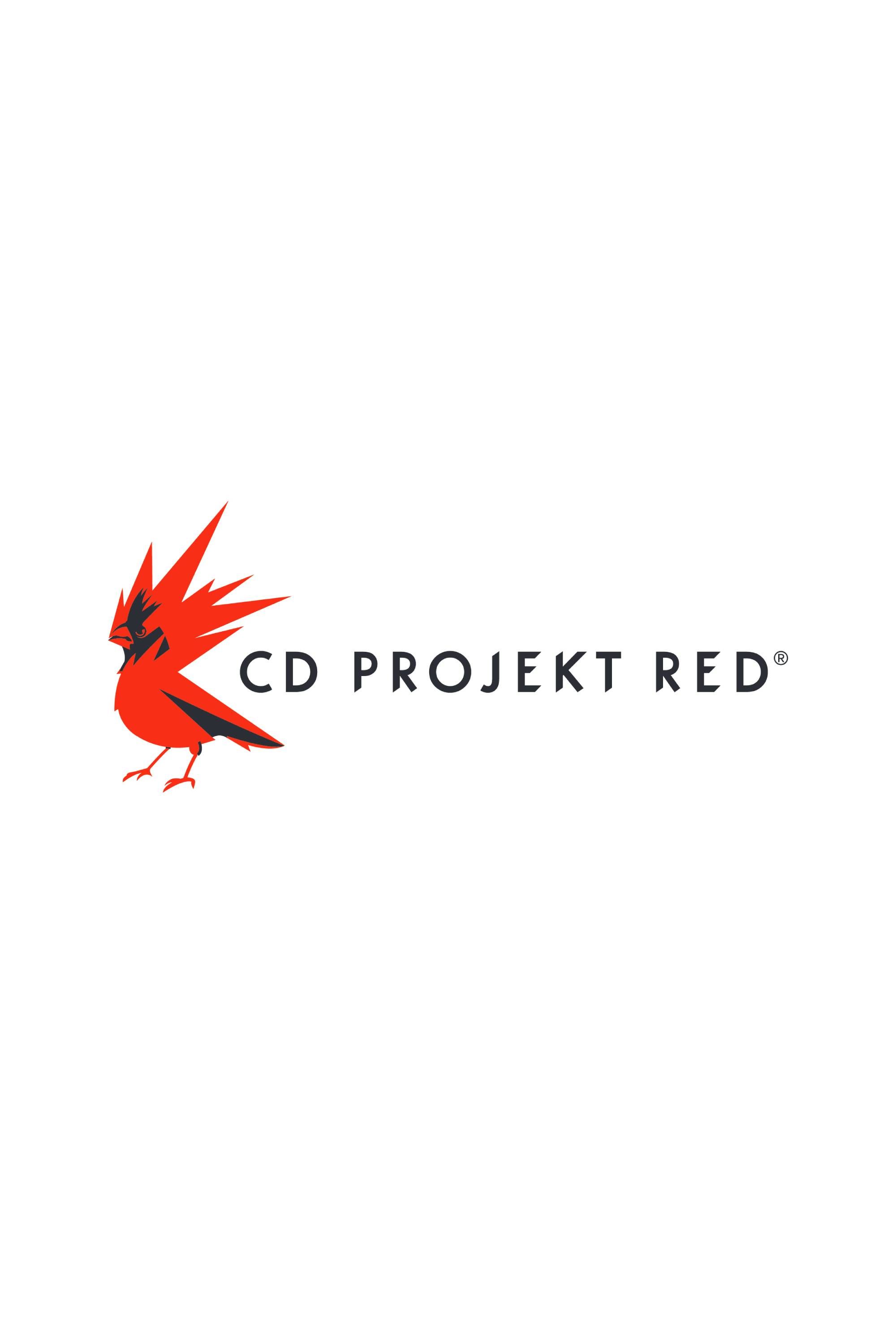
CD Projekt Red
CD Projekt Red is a Polish game development company known primarily for developing The Witcher series and Cyberpunk 2077. The company also runs GOG.com, a distribution service meant to help players find older games, games free of DRM barriers, and more.
- Date Founded
- March 6, 2002
- CEO
- Adam Kiciński

